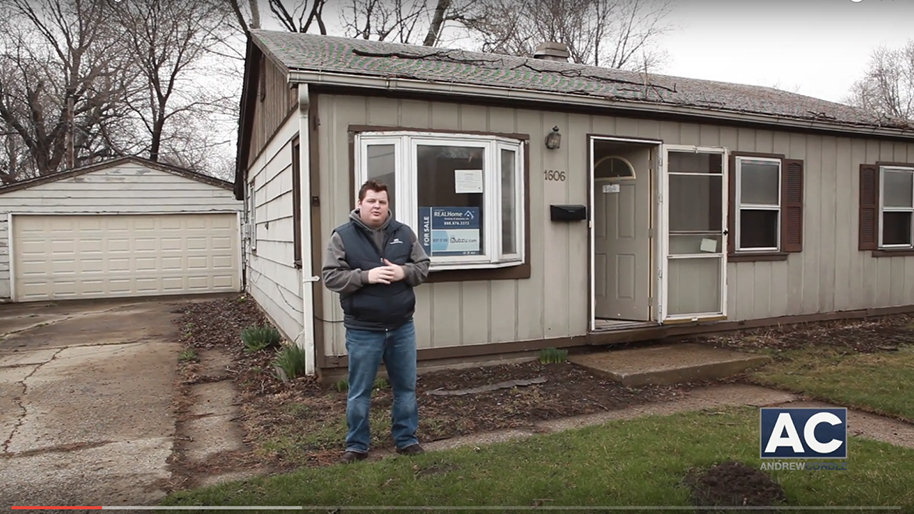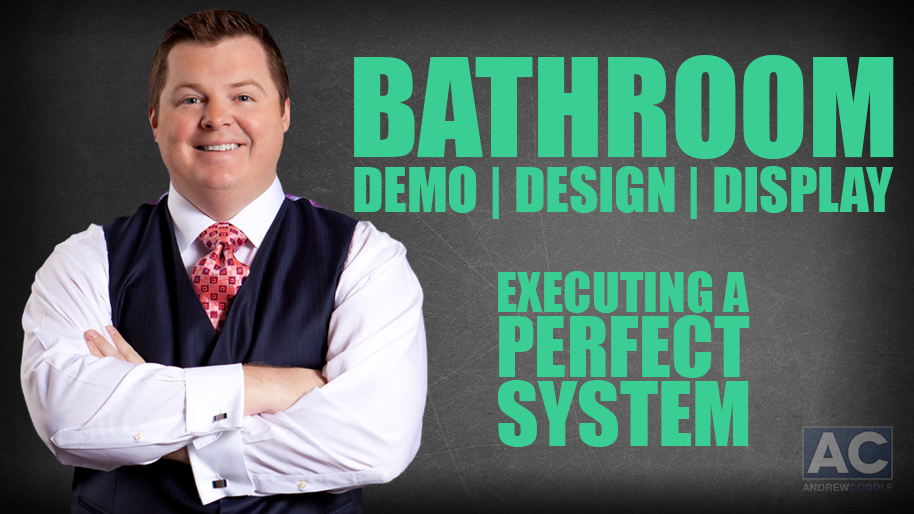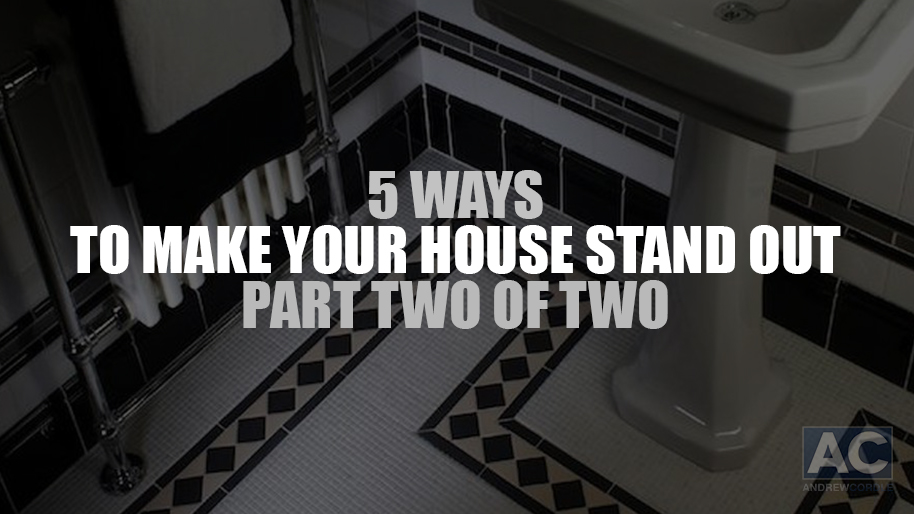Real Estate Lending: Finding Funding – Joint Venture Agreements (JVA)
October 25, 2014

We’re on the back-end of our “Finding Funding” series and today I’m going to discuss my personal favorite avenue of funding. The Joint Venture Agreement, referred to in this article as a “JVA.”
I use JVA agreements on the majority of my flips. It’s my favorite avenue of funding for my “buy, fix, sell” properties. This is because it means that there’s literally ZERO monies coming out of MY pocket. You might be wondering how that’s possible? I structure my JVA’s so that the lender pays 100% of out-of-pocket costs. He pays the earnest money, the purchase, the closing costs, insurance, utilities, all construction rehab costs…everything!
I prefer doing JVA’s as it provides me the ability to do multiple concurrent deals at the same time without a lot of outgoing funds. For instance, I can do five JVA’s at the same time and not have it affect my pocketbook. There is literally zero out of pocket expenses. But if I were to do five HML (hard-money lender) deals at the same time, I would require a huge amount of upfront capital! I’d have to put up 20% for each house as a down payment on the loan.
In addition, I’d have to pay all earnest monies, closing costs, insurance, utilities, the monthly payment, and don’t forget that I’d have to also front all of the construction funds! This would equate to hundreds of thousands of dollars, if not more. Obviously, with JVA’s, one can grow at a rapid pace without incurring all of the risk. It’s win-win!
How does one structure a JVA? Well, there’s two ways to do this but In both scenarios, there is a JVA agreement in place:
The JVA lender holds the title to the property – and I’m ok with this as long as we have a JVA in place. The JVA contract is between the lender and me and dictates that upon sale, all previous expenses are reimbursed and the remaining profits are divided per a previously agreed-upon split. The most common split is 50/50, but I have worked with JVA lenders who give me a 70/30 split! But I’ve never agreed to pay more than 50% of the profit to the lender.
I (the investor) hold the title and the JVA lender takes first lien with the mortgage and note. At closing, an attorney or title company will record a mortgage and note for the property so that when the property is sold and before any monies are taken out, the mortgage gets paid off first.
JVA lenders prefer experience so you should gain some before you attempt a JVA. It’s not likely for someone to loan you money without a proven and successful track record. The JVA lender absorbs the majority of the risk during a JVA flip. It’s a high risk yet high reward situation so it’s paramount that the investment is secure. Hence, JVA lenders prefer an experienced investor!













